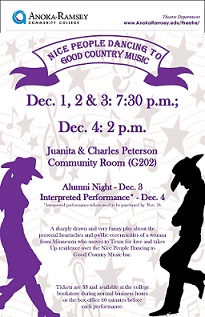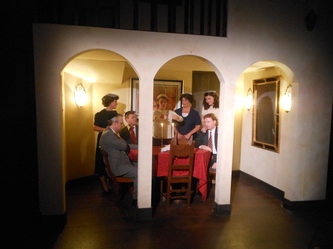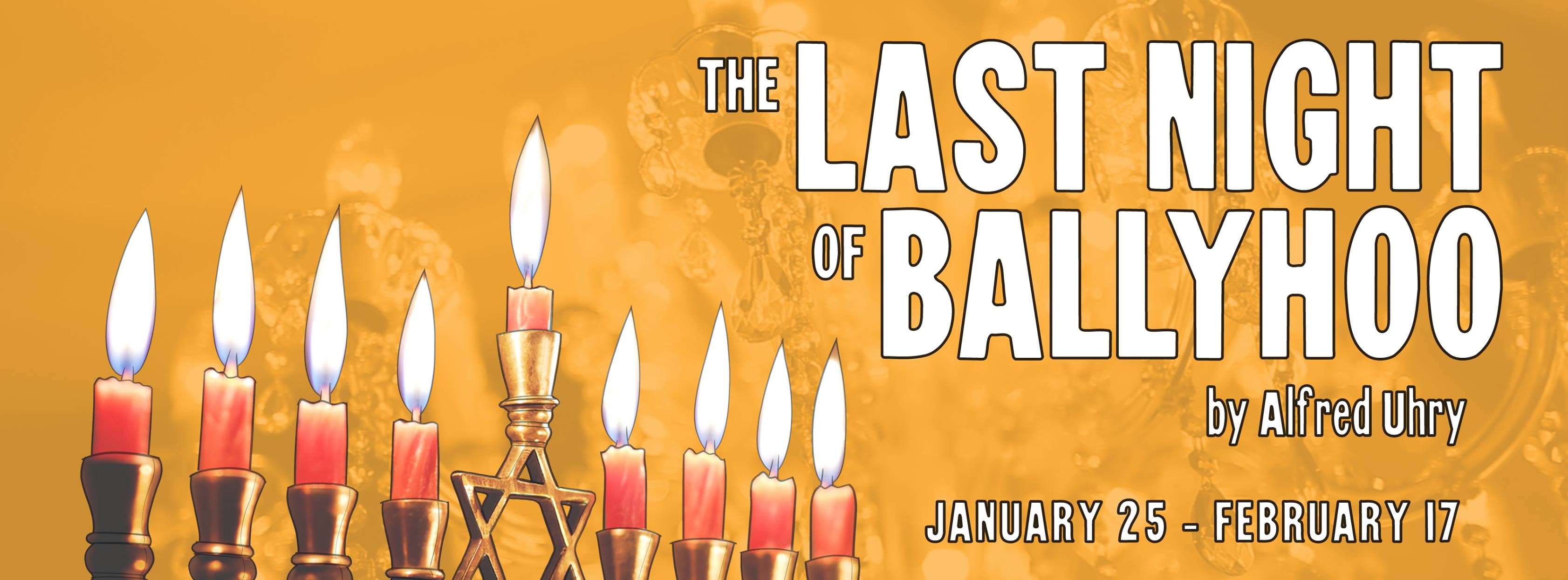

The play chronicles the lives of a close-knit Jewish family with mainstream southern Christian traditions living comfortably in Atlanta. The Last Night of Ballyhoo was commissioned for the Olympic Arts Festival in 1996 and debuted at the Alliance Theatre in Atlanta.

The Last Night of Ballyhoo (1997) and Parade (1998) also draw on Uhry’s heritage as a southern Jew, and they mesh aspects of both cultures (southern and Jewish) and their literary traditions.


The film received an Academy Award for Best Picture, and Uhry received the award for Best Screenplay. The movie was filmed in and around the Atlanta area and features Druid Hills, Lullwater Road, Agnes Scott College, and The Temple. In 1989 Uhry wrote the screenplay adaptation of Driving Miss Daisy for a film starring Jessica Tandy, Morgan Freeman, and Dan Aykroyd. Driving Miss Daisy was an immediate success, and it earned Uhry the 1988 Pulitzer Prize for drama. The original production featured Atlanta native Dana Ivey as Miss Daisy, Morgan Freeman as Hoke, and Ray Gill as Miss Daisy’s son, Boolie. Miss Daisy and Hoke struggle to determine their personal and social roles as the world they have always known changes before their eyes. The characters, inspired by Uhry’s grandmother Lena Fox and her chauffeur, Will Coleman, are universal figures that appeal to a wide audience. The plot centers on two characters, an elderly Jewish widow named Miss Daisy Werthan and her African American driver, Hoke Colburn. Set in Atlanta, Driving Miss Daisy spans a quarter of a century, from 1948 to 1973, with the action taking place before, during, and after the civil rights movement. On April 15 Driving Miss Daisy opened at the Studio Theater at Playwrights Horizons in New York City. Photograph by Carol Rosseg Driving Miss DaisyĪfter many long years working in theater, Uhry encountered his next big success in 1987.


 0 kommentar(er)
0 kommentar(er)
